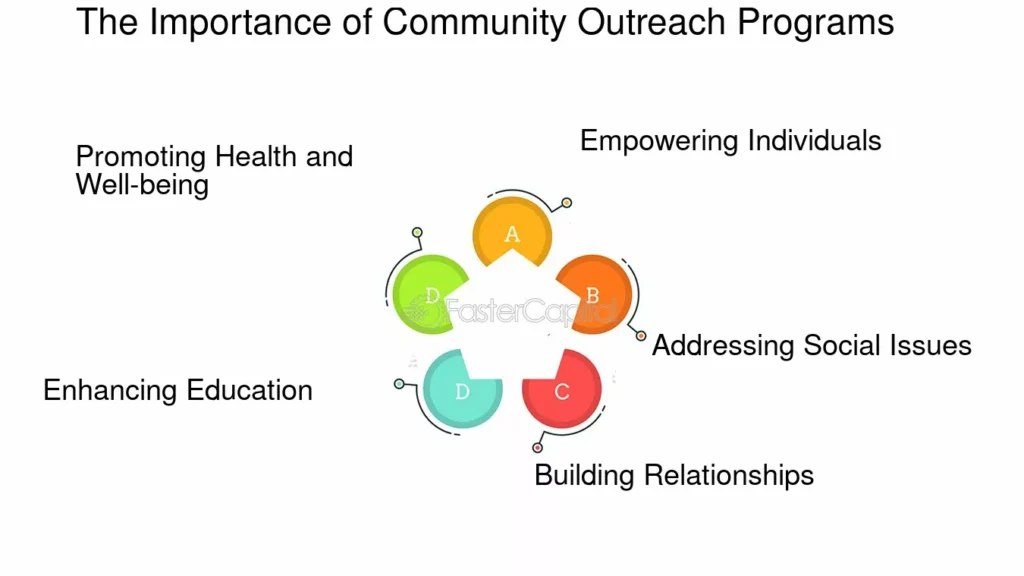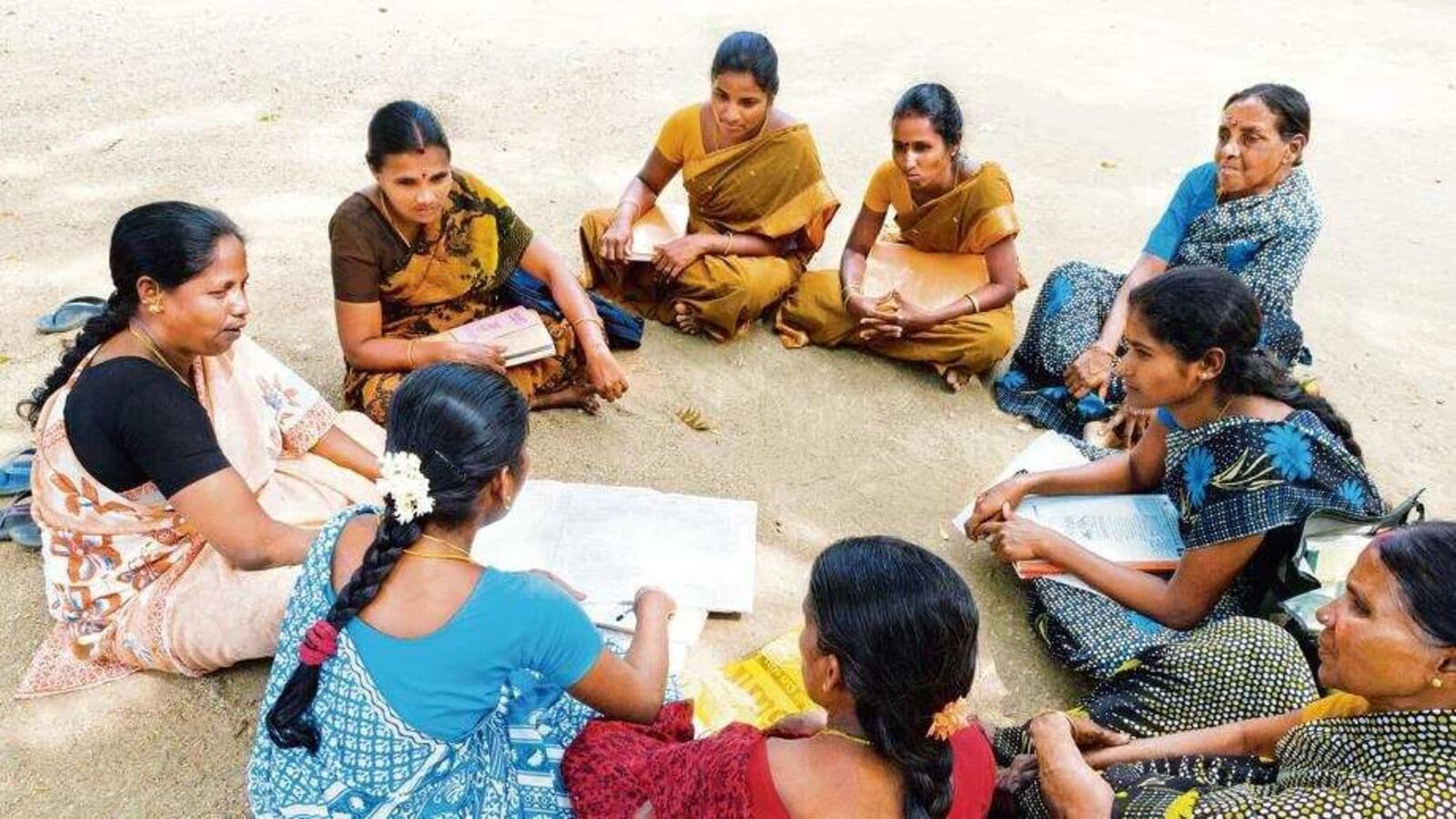Breakthrough Healing with Rural Recovery Groups India

Substance addiction is not only an urban issue—it is a deeply rooted problem in India’s rural heartlands as well. Yet, rural populations often lack access to timely treatment, structured rehabilitation, and follow-up care. With India’s expansive geography and health infrastructure disparity, community outreach models have become vital. The emergence of rural recovery groups India reflects an innovative and culturally sensitive response to addiction, promoting healing where formal treatment options are sparse. Forward-thinking rehab centers like Prayasrehab, recognized as one of the best rehab centres in India, are working to extend their impact beyond city limits by helping establish and empower such support groups in remote regions.
The Need for Rural Recovery Models in India
India’s rural areas are home to nearly 65% of the population, and substance use—particularly alcohol, tobacco, and locally available drugs like cannabis or opium—remains a significant challenge. A 2019 report by the Ministry of Social Justice and Empowerment revealed that rural men are more likely than their urban counterparts to be dependent on alcohol, yet they are much less likely to receive treatment.
Key barriers include:
-
Lack of nearby rehabilitation centers
-
Cultural stigma and shame associated with addiction
-
Limited awareness of treatment options
-
Economic constraints preventing travel or residential care
This is why scalable, community-rooted rural recovery groups India are essential for addressing the country’s addiction crisis at its roots.
(See the National Survey on Substance Use in India here: Social Justice Ministry Report)
What Are Rural Recovery Groups?
Rural recovery groups are community-based, peer-supported collectives formed in villages or small towns rural recovery groups India. These groups typically consist of individuals in recovery, their families, and trained community health volunteers or counselors.
Their goals are to:
-
Provide a safe space for sharing experiences and struggles
-
Promote accountability and relapse prevention
-
Offer education on addiction and health consequences
-
Encourage participation in locally adapted recovery practices (e.g., prayer, yoga, farming)
-
Connect members to professional support or rehab centers when needed
By aligning with local culture and leveraging peer strength, rural recovery groups India are proving to be powerful tools for social healing and sustainable sobriety.
How Prayasrehab Supports Rural Outreach
Recognizing the importance of decentralizing addiction treatment, Prayasrehab partners with local NGOs and gram panchayats to support the formation of rural recovery groups in northern India. Their model includes:
-
Training local volunteers (ASHAs, teachers, ex-patients) as addiction peer supporters
-
Remote tele-counseling services through mobile health vans and WhatsApp groups
-
Periodic recovery camps with free detox screening, yoga sessions, and psychiatric evaluations
-
Aftercare integration, where patients returning from inpatient rehab are plugged into nearby support groups
By combining professional guidance with grassroots empowerment, Prayasrehab strengthens the long-term impact of rural recovery programs and ensures continuity of care.
Structure and Operations of Rural Recovery Groups India
A typical rural recovery group India is simple in format but deeply impactful. Here’s how most operate:
-
Weekly meetings hosted in schools, temples, or village centers
-
Facilitated discussions led by trained community volunteers or recovered individuals
-
Prayer, mindfulness, or cultural rituals that support mental clarity
-
Guest sessions from social workers, police, doctors, or counselors
-
A referral system to link severe cases with treatment centres like Prayasrehab
The key to their success lies in trust and familiarity with rural recovery groups in India. In rural areas where outsider-led programs may be met with suspicion, locally rooted efforts are more readily accepted and sustained.

Benefits of Community Outreach Through Rural Recovery Groups
Implementing rural recovery groups India comes with significant advantages:
-
Accessibility: Groups operate close to home, saving time and money
-
Reduced stigma: Shared stories normalize recovery and reduce shame
-
Early intervention: Families and teachers can refer suspected users before addiction escalates
-
Empowerment: Communities take charge of their health, creating local champions for sobriety
-
Cost-effectiveness: Minimal financial input leads to significant social return
These benefits also contribute to broader improvements in village wellness, including mental health awareness, family dynamics, and reduced crime or violence linked to substance use.
Government & NGO Involvement
Several government schemes, such as the National Action Plan for Drug Demand Reduction (NAPDDR), promote community-based addiction management. Additionally, NGOs like SPYM and India HIV/AIDS Alliance are piloting rural outreach and harm reduction programs.
However, coverage remains limited, and only a handful of districts have consistent, functional rural recovery groups India. Strategic partnerships with local leaders and health missions are essential for scaling up these programs nationally.
To learn about NAPDDR’s community approach, visit https://socialjustice.gov.in/.
Case Study: A Recovery Group in Rural Uttarakhand
In a small village in Uttarakhand, a group of seven men—former alcohol dependents—meet every Thursday in the community center. With initial support from Prayasrehab, they now run the group themselves, offering guidance to others struggling with addiction. One member even became a certified peer counselor, assisting youth in nearby villages. Their village reports fewer domestic disturbances and improved productivity among local laborers. This model is now being replicated in neighboring areas.
Challenges Faced by Rural Recovery Groups
Despite their potential, rural recovery groups India face real challenges:
-
Volunteer burnout due to emotional intensity
-
Inconsistent attendance, especially during harvest seasons
-
Lack of medical follow-up for withdrawal or psychiatric conditions
-
Funding constraints for educational material or transportation
-
Cultural resistance from elders or traditional healers
Overcoming these requires long-term partnerships with NGOs, capacity-building for local leaders, and consistent government support.
Conclusion
The success of rural recovery groups in India proves that addiction recovery doesn’t have to depend solely on costly clinics or city-based services. Through strategic outreach, compassionate support, and strong local leadership, healing can begin within the very communities facing the crisis. Centers like Prayas Rehab, often considered among the best rehab centre in India, are leading this change—merging professional expertise with grassroots empowerment. As India moves forward in creating inclusive healthcare and mental wellness systems, rural communities must stay at the heart of addiction recovery strategies, because real, lasting change always begins at home.